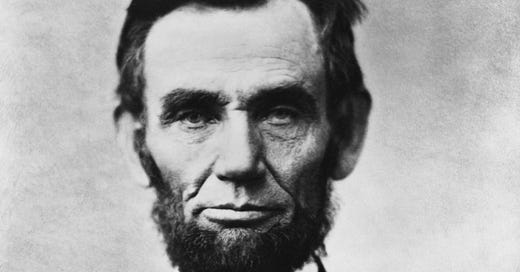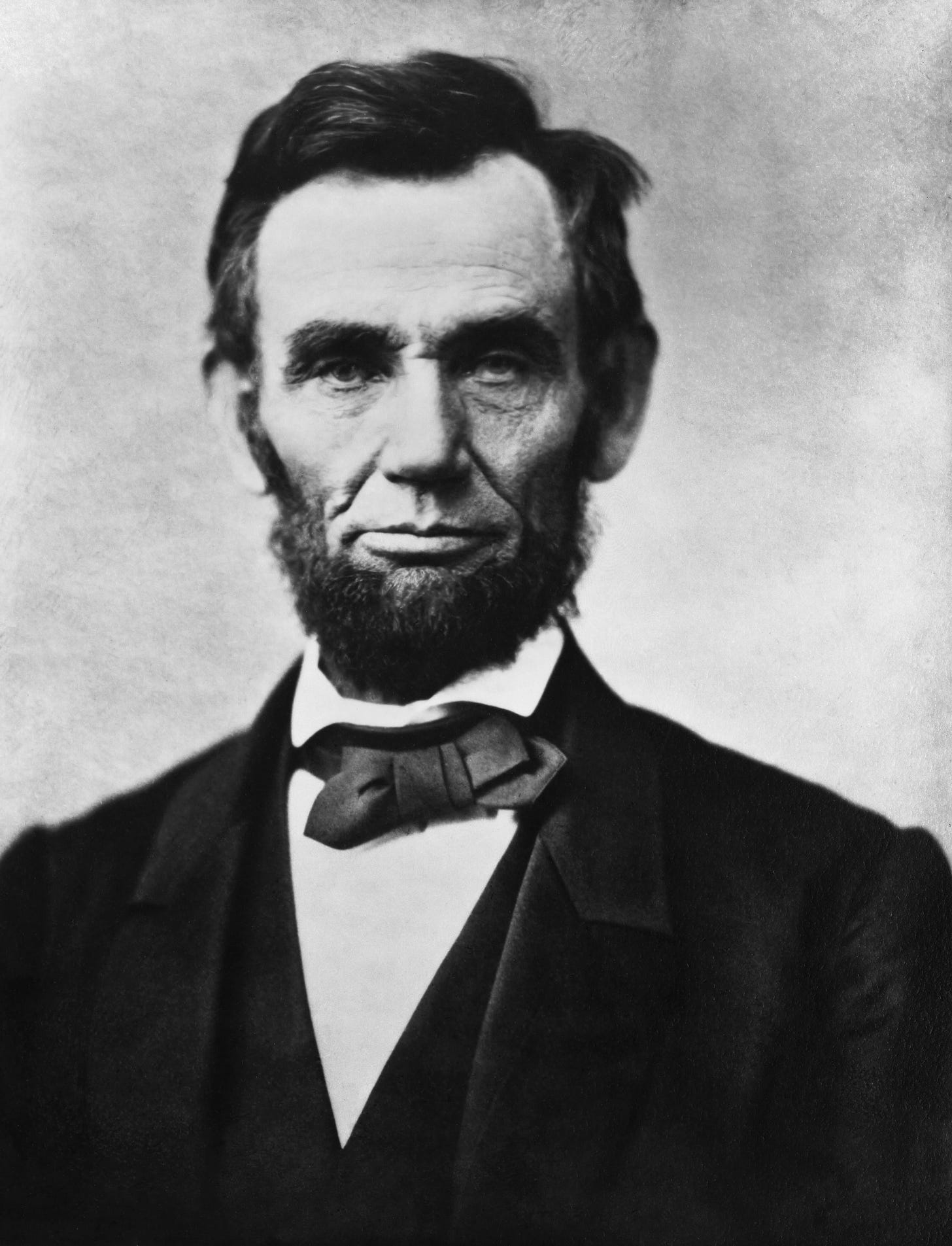After I wrote a post about Tolstoy’s Christian critique of Renaissance art values, a friend told me to read Tom Holland’s Dominion: How The Christian Revolution Remade The World. It’s excellent.
The story of Christianity told in this book is necessary to “know thyself” if you are a Western person. For better or worse, it is our story. We encounter all kinds of familiar personalities, from the ascetics to the tenacious Quaker women to the human rights and anti-slavery social reformers. The claim that most readers will be interested in is that even the secular progressivism that replaced Christianity replicated its values, moral core, and psychological architecture. Wokeness is secular Christianity. I found this case convincing.
I remember a point in the book when I wondered if the argument might be stretched to the point of absurdity. Is everything Christianity? If even anti-Christianity is Christianity, what isn’t Christianity? Then, the figure of Benito Mussolini appears, who created a symbolic reversal of these values through the fasces, signifying the return to the values of Rome. If you have ever wondered why anti-fascism inspires such fanaticism, even when applied to things that have nothing to do with fascism, like an un-PC joke, reading this analysis makes sense of it. It is a vigilance against the threat of a return to Roman values and perhaps they get their sense of mission from the magnitude of that.
But I’m still left wondering why this “the first shall be last” worldview is so powerful in us. If something lasts 2024 years, can it really be just a set of moral teachings and ideas? Surely, it must have some deeper biological basis in us, keeping it resilient for such a long time. What stronger force sustains it, enabling it to return and reformulate? And ultimately, why does anyone do what they say? It’s because they’re backed by hard power, so they’re not very meek at all.
This also brings me to a question about political Nietzscheanism. Why do those who embody master morality keep being defeated, while the side of slave morality keeps proving to be stronger? If slave morality manifests only as actual strength, what are we even talking about? Consider that the two great superpowers that dominated the earth in the 20th century were both based on the values of universal equality. The two powers competing for dominance in the 21st century are the USA, which has wokeness as its imperial secular religion, and Communist China.
Equality and universalism were among the primary values of the Enlightenment, which enabled European man to lead the modern age. Lincoln freed the slaves but, through the Civil War, overthrew the land-based Southern gentry and replaced them with the hyper-productive and innovative industrial class, thus setting America on the path to world domination. The hierarchical value system of the aristocrats in all these cases would have led to agrarian stagnation and, ultimately, subjugation by a more technologically advanced invading society. As I have written about previously, the Habakkuk thesis claimed that labor scarcity enabled fast industrial development through forced innovation in mechanization, contrasted with other societies that didn’t innovate because of the abundance of slaves or an excess of cheap labor. Time and time again, this pattern seems to repeat. The values of egalitarianism appear to produce great strength.





Wokeness is just the professed attitudes of the liberal elite. It does not guide their broad policy. Americas Liberal elite want to be seen as believers of “the last will be first,” while their policies continue to make the rich richer and the poor poorer. Liberal elites are woke the same way Roman Emperors were Christian. They knuckled under and adopted the religion of their subjects to solidify their rule. Very convient for the imperial senate and emperors to choose a creed that espouses that “there is dignity in suffering like Christ did,” when they were the cause of so much suffering.
What Nietzsche called slave morality is powerful in part because it’s naturally alliance-building as opposed to isolating and individualistic, and it minimises the social risk of doing something bad in pursuit of power; you get to say “I made a mistake out of an excess of empathy” rather than out of an excess of selfishness. That goes a long way